The Buffalo Soldiers served in six military units created after the Civil War in 1866. They were formerly enslaved men, freemen and Black Civil War soldiers and fought in hundreds of conflicts.
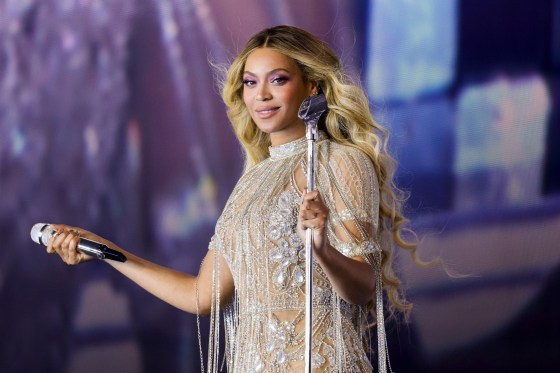
A T-shirt worn by Beyoncé during a Juneteenth performance on her “Cowboy Carter” tour has sparked a discussion over how Americans frame their history and caused a wave of criticism for the Houston-born superstar.
The T-shirt worn during a concert in Paris featured images of the Buffalo Soldiers, who belonged to Black U.S. Army units active during the late 1800s and early 1900s. On the back was a lengthy description of the soldiers that included “their antagonists were the enemies of peace, order and settlement: warring Indians, bandits, cattle thieves, murderous gunmen, bootleggers, trespassers, and Mexican revolutionaries.”
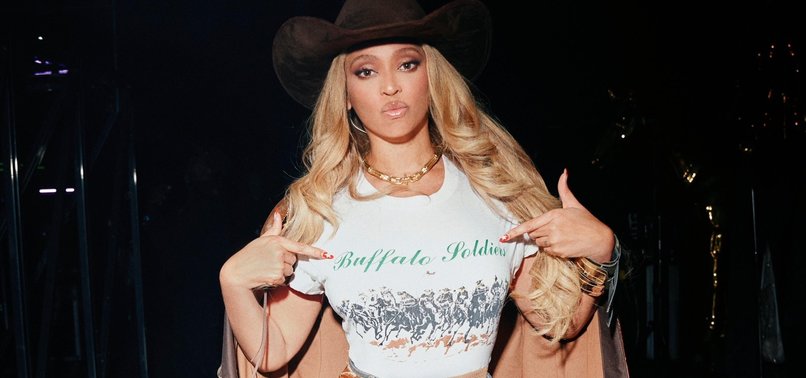
Images of the shirt and videos of the performance are also featured on Beyoncé’s website.
As she prepares to return to the U.S. for performances in her hometown this weekend, fans and Indigenous influencers took to social media to criticize Beyoncé for wearing a shirt that frames Native Americans and Mexican revolutionaries as anything but the victims of American imperialism and for promoting anti-Indigenous language.
A spokesperson for Beyoncé did not respond to a request for comment.
Who were the Buffalo Soldiers?
The Buffalo Soldiers served in six military units created after the Civil War in 1866. They were comprised of formerly enslaved men, freemen, and Black Civil War soldiers and fought in hundreds of conflicts — including in the Spanish-American War, World War I, and World War II — until they were disbanded in 1951.

As the quote on Beyoncé’s shirt notes, they also fought numerous battles against Indigenous peoples as part of the U.S. Army’s campaign of violence and land theft during the country’s westward expansion.
Some historians say the moniker “Buffalo Soldiers” was bestowed by the tribes who admired the bravery and tenacity of the fighters, but that might be more legend than fact. “At the end of the day, we really don’t have that kind of information,” said Cale Carter, director of exhibitions at the Buffalo Soldiers National Museum in Houston.
Carter and other museum staff said that, only in the past few years, the museum made broader efforts to include more of the complexities of the battles the Buffalo Soldiers fought against Native Americans and Mexican revolutionaries and the role they played in the subjugation of Indigenous peoples. They, much like many other museums across the country, are hoping to add more nuance to the framing of American history and be more respectful of the ways they have caused harm to Indigenous communities.
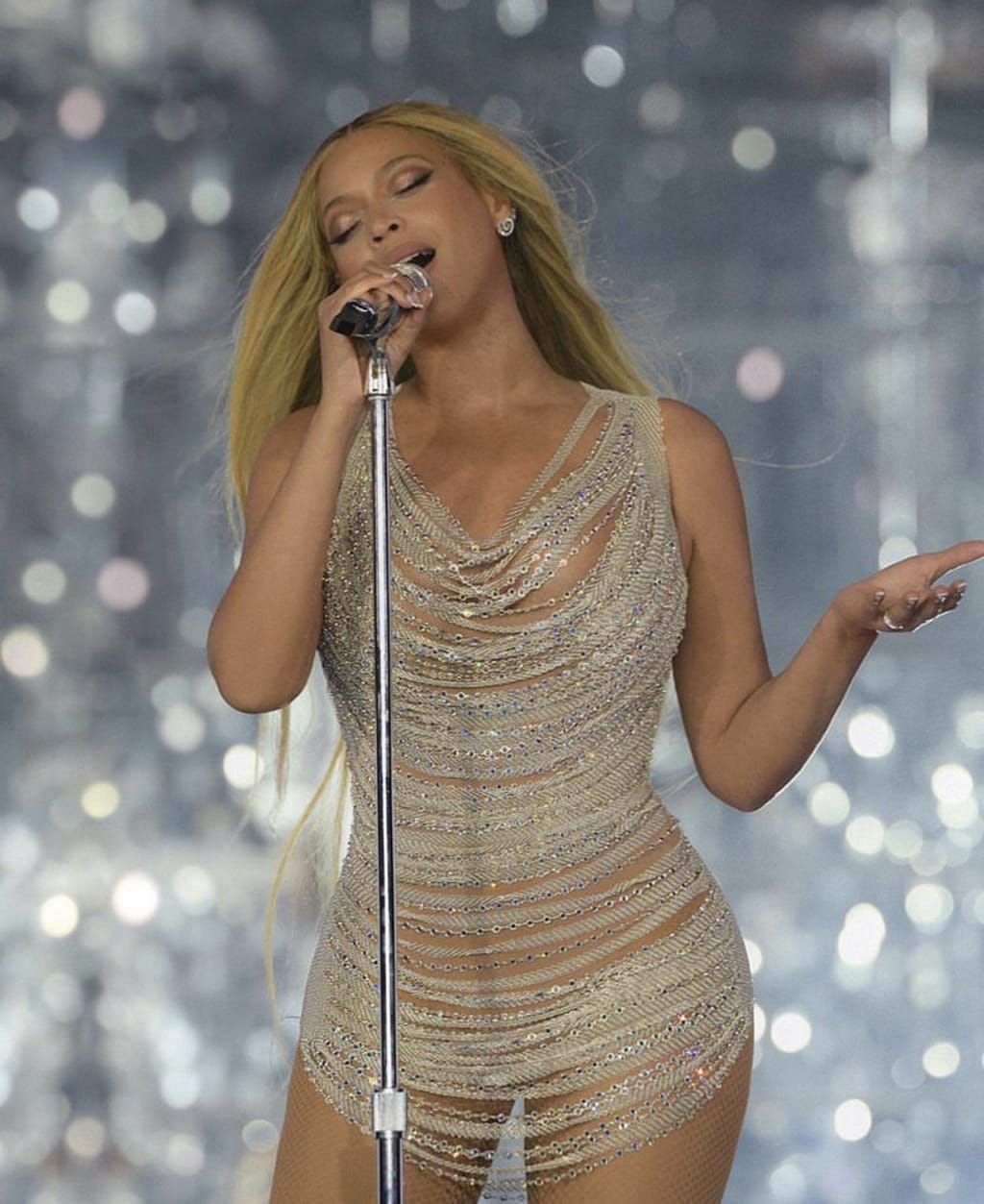
“We romanticize the Western frontier,” he said. “The early stories that talked about the Buffalo Soldiers were impacted by a lot of those factors. So you really didn’t see a changing in that narrative until recently.”
There has often been a lack of diverse voices discussing how the history of the Buffalo Soldiers is framed, said Michelle Tovar, the museum’s director of education. The current political climate has put enormous pressure on schools, including those in Texas, to avoid honest discussions about American history, she said.
“Right now, in this area, we are getting pushback from a lot of school districts in which we can’t go and teach this history,” Tovar said. “We are a museum where we can at least be a hub, where we can invite the community regardless of what districts say, invite them to learn it and do what we can do the outreach to continue to teach honest history.”

Historians scrutinize reclamation motive
Beyoncé’s recent album “Act II: Cowboy Carter” has played on a kind of American iconography, which many see as her way of subverting the country music genre’s adjacency to whiteness and reclaiming the cowboy aesthetic for Black Americans. Last year, she became the first Black woman ever to top Billboard’s country music chart, and “Cowboy Carter” won her the top prize at the 2025 Grammy Awards, album of the year.
“The Buffalo Soldiers play this major role in the Black ownership of the American West,” said Tad Stoermer, a historian and professor at Johns Hopkins University. “In my view, (Beyoncé is) well aware of the role that these images play. This is the ‘Cowboy Carter’ tour for crying out loud. The entire tour, the entire album, the entire piece is situated in this layered narrative.”
But Stoermer also points out that the Buffalo Soldiers have been framed in the American story in a way that also plays into the myths of American nationalism.
As Beyoncé’s use of Buffalo Soldiers imagery implies, Black Americans also use their story to claim agency over their role in the creation of the country, said Alaina E. Roberts, a historian, author and professor at the University of Pittsburgh who studies the intersection of Black and Native American life from the Civil War to present day.
“That’s the category in which she thought maybe she was coming into this conversation, but the Buffalo Soldiers are even a step above that because they were literally involved in not just the settlement of the West but of genocide in a sense,” she said.

Online backlash builds ahead of Houston shows
Several Native influencers, performers, and academics took to social media this week to criticize Beyoncé or decry the shirt’s language as anti-Indigenous. “Do you think Beyoncé will apologize (or acknowledge) the shirt?” indigenous.tv, an Indigenous news and culture Instagram account with more than 130,000 followers, asked in a post Thursday.
Many of her critics, as well as fans, agree. A flood of social media posts called out the pop star for the historic framing on the shirt.
“The Buffalo Soldiers are an interesting historical moment to look at. But we have to be honest about what they did, especially in their operations against Indigenous Americans and Mexicans,” said Chisom Okorafor, who posts on TikTok under the handle @confirmedsomaya.
Okorafor said there is no “progressive” way to reclaim America’s history of empire building in the West, and that Beyoncé’s use of Western symbolism sends a problematic message: “That Black people, too, can engage in American nationalism.”
“Black people, too, can profit from the atrocities of (the) American empire,” she said. “It is a message that tells you to abandon immigrants, Indigenous people, and people who live outside of the United States. It is a message that tells you not only is it a virtue to have been born in this country, but the longer your line extends in this country, the more virtuous you are.”
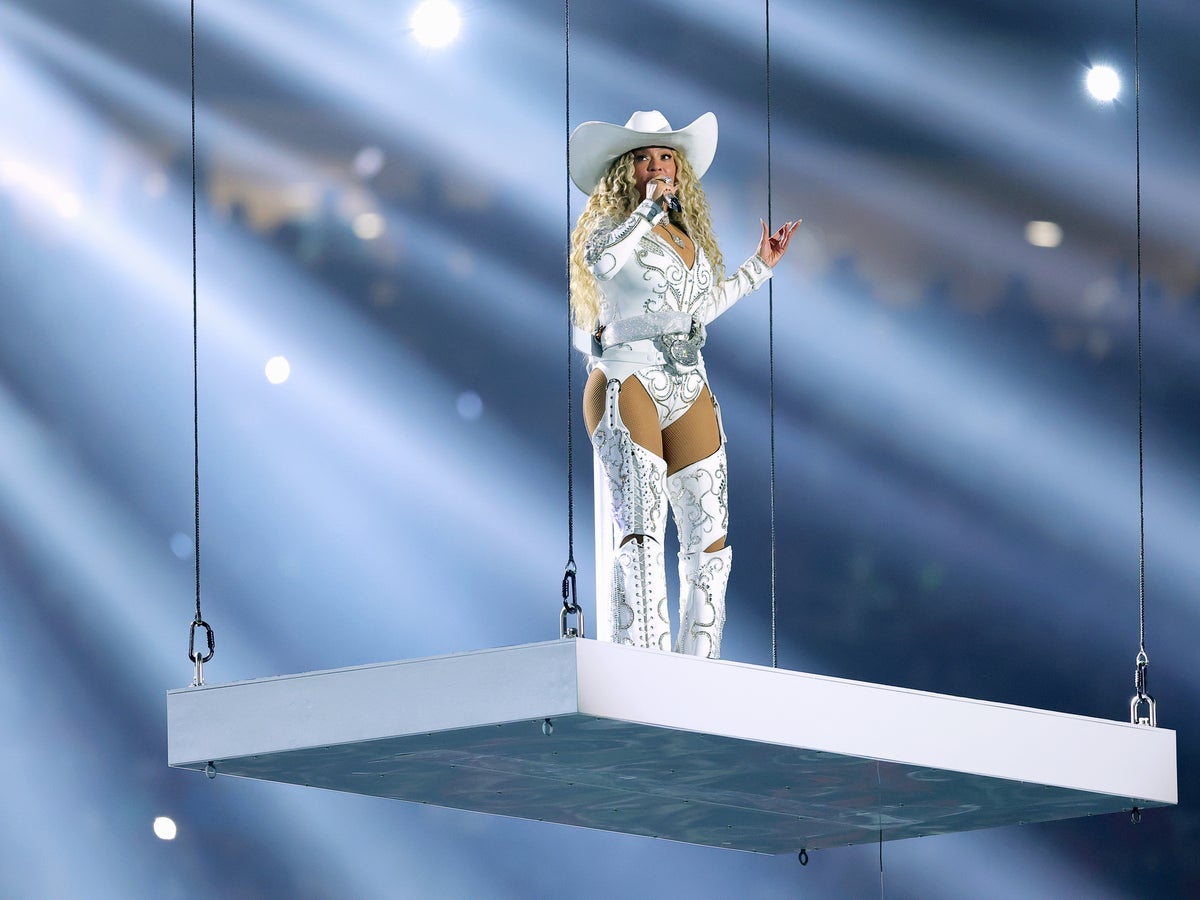
Taylor Swift and Beyoncé: When Two Tigers Share One Mountain
Two of the world’s biggest pop stars — Taylor Swift and Beyoncé — have turned theaters into concert arenas with their respective films: Taylor Swift: The Eras Tour and Renaissance: A Film by Beyoncé.
Although they are not competitors on the same stage, media outlets and fans cannot help but compare the two. After all, in pop culture, it’s rare to witness two female artists dominating global attention at the same time like this.
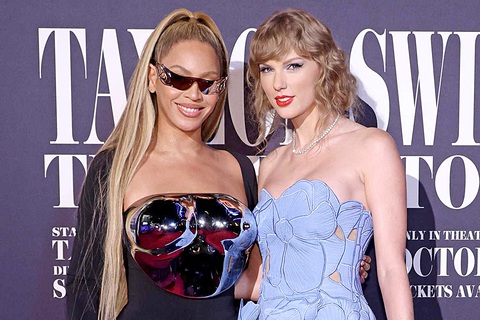
Both Are Powerful Queens
Both Taylor Swift: The Eras Tour and Renaissance: A Film by Beyoncé are concert films that give fans a chance to relive their idols’ world tours in cinemas.
The timing of their releases was striking. Taylor Swift’s film premiered on October 13, while Beyoncé’s is scheduled for December 1. These two productions have turned the final months of 2023 into a celebration of female pop supremacy.
Despite being close in age (Taylor was born in 1989, Beyoncé in 1981), they represent different generations and musical paths. Beyoncé rose to fame with Destiny’s Child and later as a solo artist, carving out a space with R&B and hip-hop. Taylor Swift started in country music before evolving into pop, synth-pop, and indie folk.
Both have enormous influence, fanbases spanning the globe, and the ability to set trends with a single move — whether musical or stylistic.
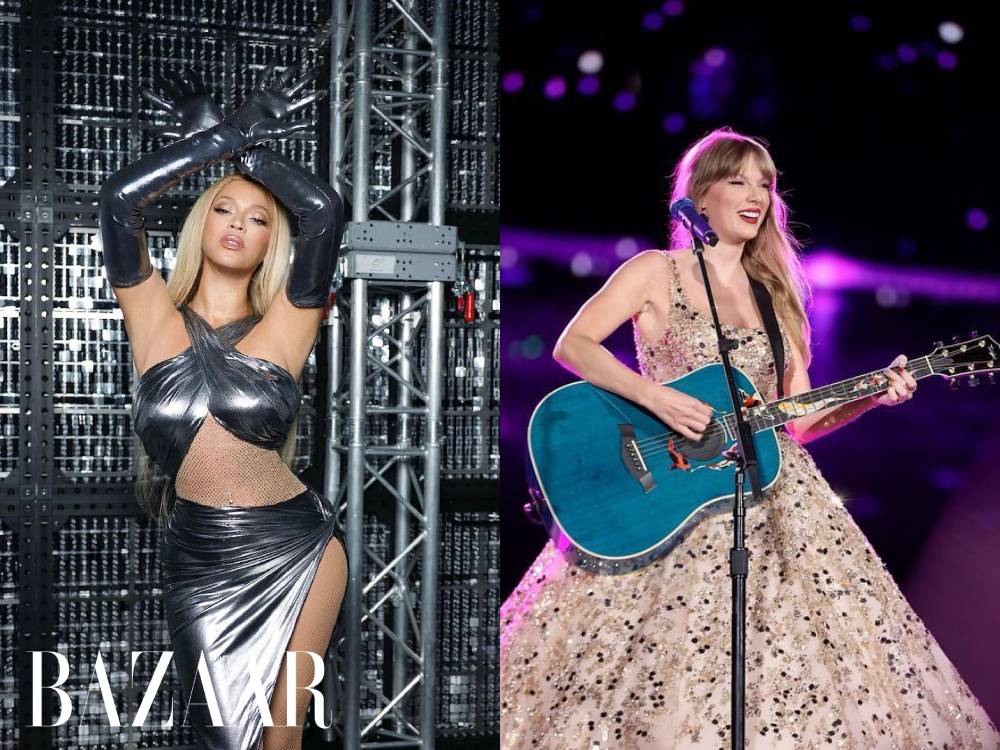
From the Stadium to the Cinema
Taylor Swift: The Eras Tour grossed over $100 million globally before it even premiered — setting a record for concert films. The film was praised for its high-quality sound, cinematography, and for capturing the immersive energy of Taylor’s concert.
Renaissance, meanwhile, is expected to be more than just a concert film. The trailer hints at a blend of music, behind-the-scenes footage, and a visual narrative — reflecting Beyoncé’s signature artistic ambition.
Both stars chose to bypass traditional Hollywood studios. Instead, they partnered directly with AMC Theatres, ensuring a bigger share of profits and more control over release strategy. This move shook up the industry and opened a new path for artists who want to take their music to the big screen.

A Historic Moment for Women in Pop
Cultural analysts say that this isn’t just about rivalry — it’s a moment to celebrate women’s power in an industry historically dominated by men. Taylor and Beyoncé are showing that women can command global attention, sell out stadiums, and redefine how music is consumed.
This phenomenon isn’t about who’s better. Instead, it proves that the stage is big enough for two queens — and perhaps more.
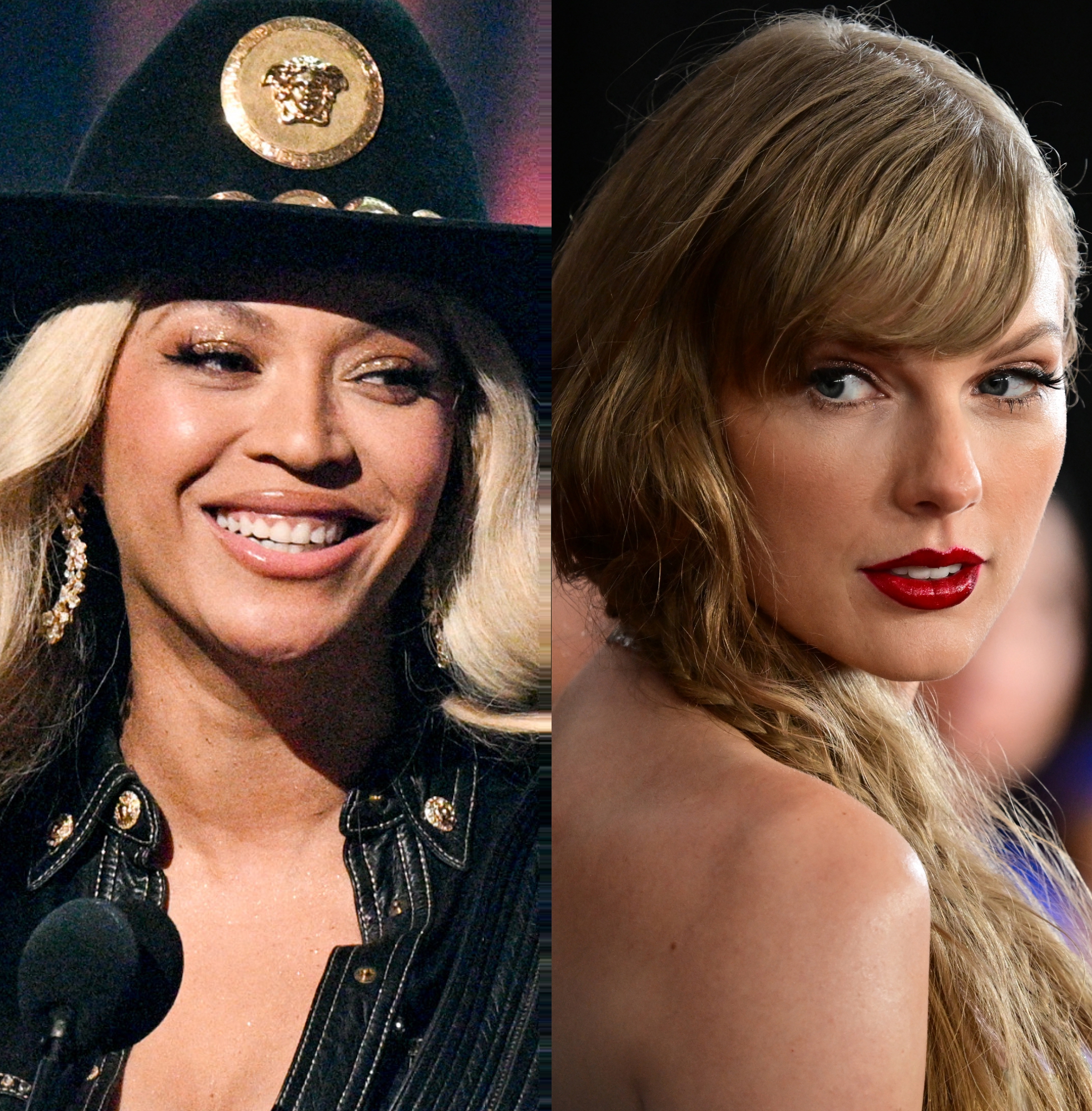
Fans Rejoice, the Industry Pays Attention
In a surprising moment of solidarity, Beyoncé even attended Taylor Swift’s movie premiere, sitting beside her and enjoying the film together. The image of them sharing popcorn went viral, sending a message of unity and mutual respect.
For fans, it was a dream come true. For the industry, it was a reminder: when powerful women support each other, the impact is massive.
Beyoncé slammed for anti-indigenous t-shirt

Popular pop singer Beyoncé took the stage in Paris during Juneteenth performance on her Cowboy Carter tour wearing a t-shirt that has garnered her plenty of backlash due to its anti-indigenous nature, several news outlets have reported.
The t-shirt she wore featured images of the Buffalo Soldiers, who belonged to Black US army units active during the late 1800s and early 1900s, the Guardian explained.
On the back of that t-shirt, a lengthy description of the soldiers that included “their antagonists were the enemies of peace, order and settlement: warring Indians, bandits, cattle thieves, murderous gunmen, bootleggers, trespassers, and Mexican revolutionaries.” Beyoncé also posted images of the shirt and videos of the performance on her website.
Victims of American imperialism
Those who criticised her are at odds with how the text frames Native Americans and Mexican revolutionaries, primarily because it does not explain that they were, in fact, victims of American imperialism.
Others simply oppose the anti-indigenous language displayed on the shirt she boasted on stage.
Several Native influencers, performers and academics took to social media to criticise the lack of sensitivity on Beyoncé’s part.
Some historians claim that the moniker “Buffalo Soldiers” was bestowed by the tribes who admired the bravery and tenacity of the fighters, but this may be more legend than fact, according to the AP.
“At the end of the day, we don’t have that kind of information,” said Cale Carter, director of exhibitions at the Buffalo Soldiers National Museum in Houston.

Involved in genocide
Carter and other museum staff said that the museum recently made broader efforts to include more of the complexities of the battles the Buffalo Soldiers fought against Native Americans and Mexican revolutionaries, and the role they played in the subjugation of Indigenous peoples.
The changes are also sought by other museums across the United States, who hope to be more respectful of the ways indigenous communities were victimised during the colonisation of America.
“We romanticise the Western frontier,” Carter said. “A lot of those factors impacted the early stories that talked about the Buffalo Soldiers. So you really didn’t see a change in that narrative until recently.”
The Buffalo Soldiers “were literally involved in not just the settlement of the West but of genocide in a sense,” said Alaina Roberts, a historian, author and professor at the University of Pittsburgh.
“While performing in Paris on #Juneteenth (June 19), Beyoncé wore a Buffalo Soldiers shirt that contained text that describes Indigenous peoples as ‘Indian opponents,’ ‘antagonists, ‘ and ‘enemies of peace, order, and settlement,” said Indigenous.tv on Instagram. “Do you think Beyoncé will apologise (or acknowledge) the shirt?” indigenous.tv, an Indigenous news and culture Instagram account with more than 130,000 followers, asked in a separate post.

Country singer Gavin Adcock issues uncensored warning to Beyoncé after slamming Cowboy Carter
:max_bytes(150000):strip_icc():focal(719x362:721x364)/Beyonce-Cowboy-Carter-tour-Houston-062925-03-9eb6334ac0cc4fa99344e2eea03aed2a.jpg)
Beyoncé Pauses Performance in Houston After Prop Car Tilts Mid-Air Over Crowd
Beyoncé experienced a technical issue during the first night in Houston on her “Cowboy Carter Tour.”
Beyoncé powered through a technical mishap during her recent concert in Houston after her prop car began to steeply tilt mid-air over the crowd.
The “Texas Hold ‘Em” singer brought her “Cowboy Carter Tour” to NRG Stadium June 28 for the first of two nights in her hometown. The prop malfunction happened at the end of the concert while Beyoncé performed her song “16 Carriages,” the second to last song on the set list.

During this moment in the show, the singer sits in a red prop convertible as it’s suspended in the air over the crowd. While she performs, the car moves over the audience in a half circle until the singer is deposited back onto the stage.
But things didn’t go according to plan during her June 28 concert, and Beyoncé had to pause her performance to address the issue. Across social media, fans shared different angles of the malfunction, which showed the car dramatically tilting to the side with the singer inside as it was suspended over the crowd.
As the car tilted, Beyoncé remained composed and continued to sing as she sat in the car. However, about a minute after the malfunction, she interrupted her performance, announcing, “Stop, stop, stop, stop, stop, stop.”
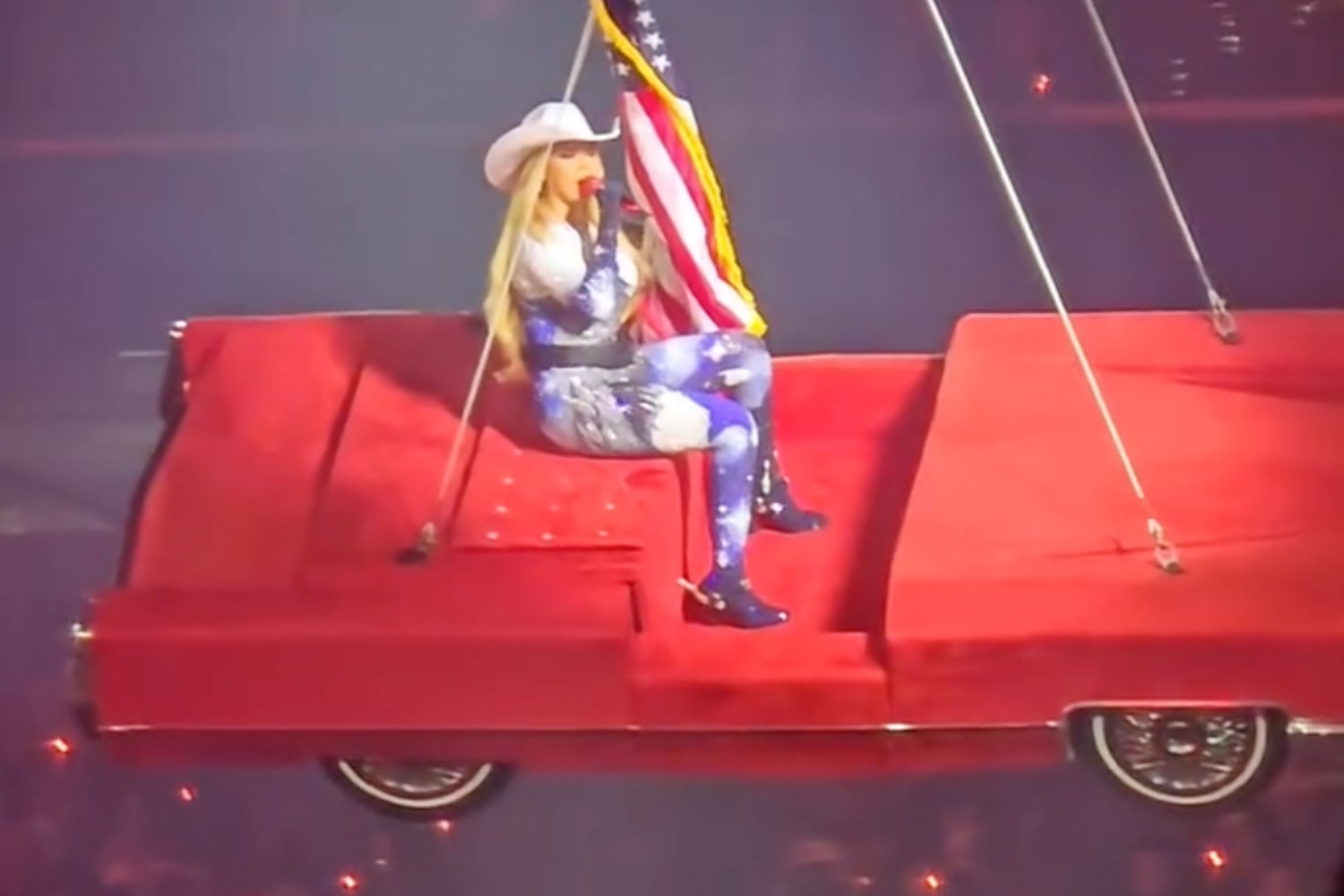
One fan video depicted the pause in the performance, which lasted several minutes. Fans continued to cheer for Beyoncé during the unexpected issue, and she thanked the crowd for their patience before the prop car was lowered safely to the ground. After a few minutes, the singer appeared on stage again — without the car — to finish her performance.
“I want to thank y’all for loving me,” Beyoncé said to the crowd. “If ever I fall, I know y’all would catch me.”
Beyoncé’s company Parkwood Entertainment said in a statement on Instagram that the tilting was caused by a “technical mishap.”
“She was quickly lowered and no one was injured,” the statement read.
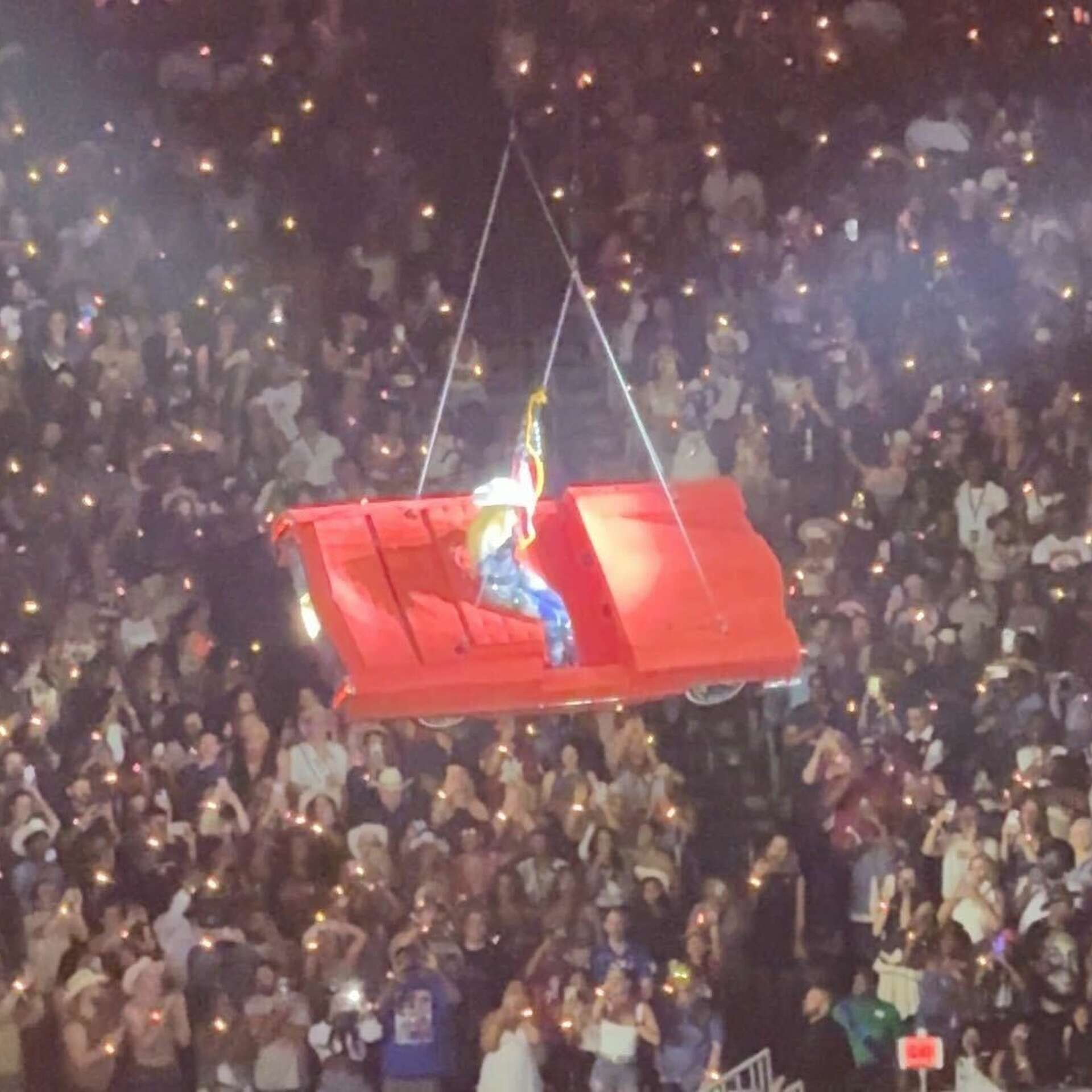
Earlier in June, Beyoncé experienced a wardrobe malfunction while performing her song “I’m That Girl” in London June 5.
During the performance, Beyoncé handled the issue like a champ after the chaps she was wearing dropped to her ankles. The singer didn’t acknowledge the issue at first, continuing the performance until she casually reached down to pull the chaps back up while one of her dancers assisted.
While Beyoncé has had some unexpected moments on stage in recent weeks, she’s also had some sweet surprises for fans, too, including helping someone with their gender reveal at MetLife Stadium in New Jersey.
In Paris, fans were treated with a surprise appearance by Miley Cyrus for the duet “II Most Wanted.” Days later, Jay-Z joined her onstage to perform several songs, including their 2003 hit “Crazy in Love.”
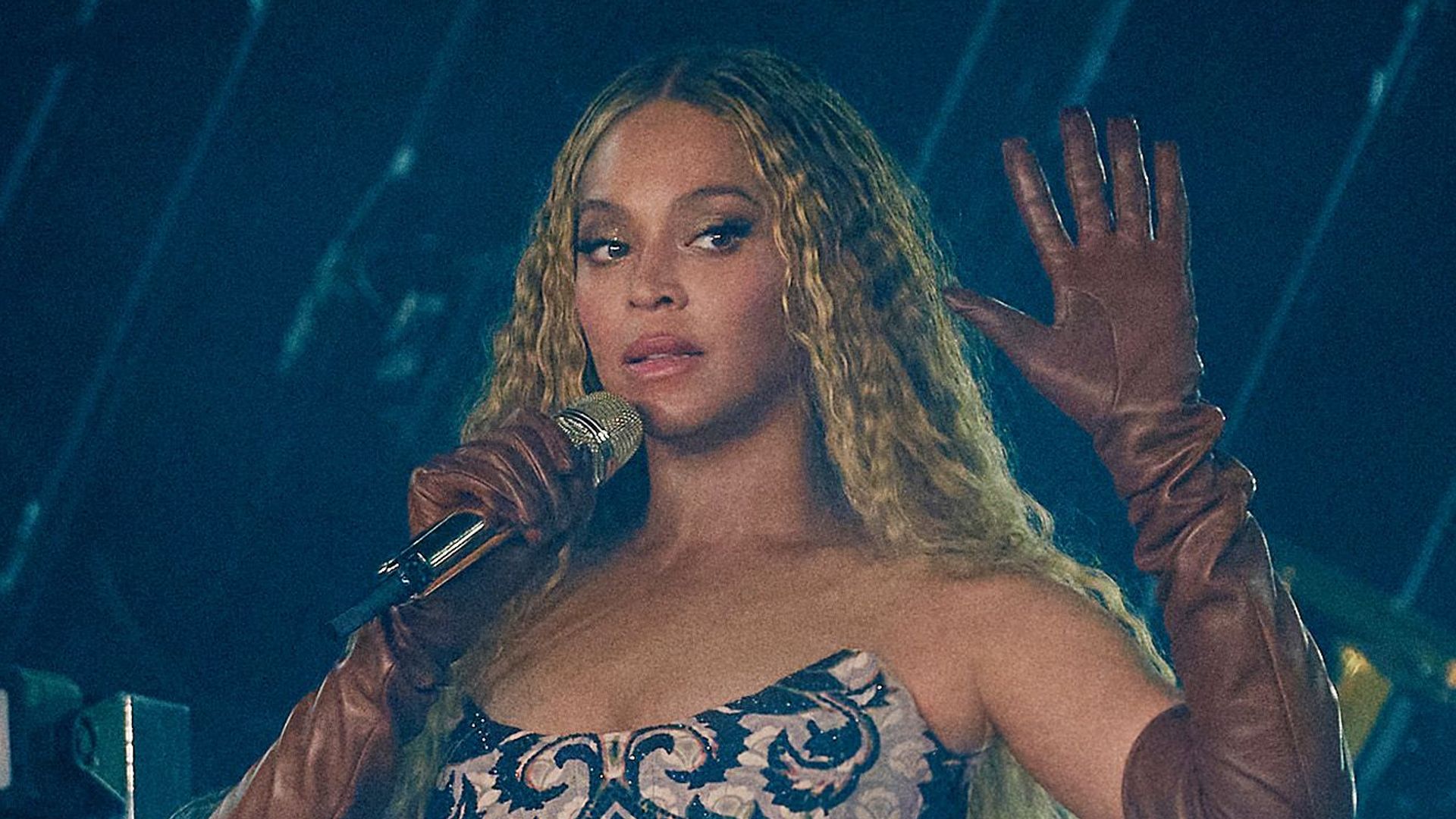
Beyoncé powers through scary car malfunction during “Cowboy Carter” concert in Houston
Entertainment
Beyoncé powers through scary car malfunction during “Cowboy Carter” concert in Houston
By
Updated on: June 30, 2025 / 9:45 AM EDT / CBS News
Beyoncé powered through a scary technical malfunction at her first of two “Cowboy Carter” tour shows in her hometown of Houston on Saturday night.
The 43-year-old singer was performing her song “16 Carriages” in a suspended red car when the vehicle started to tilt in the air, according to video from the scary moment shared by fans on social media. Her publicist confirmed the incident to CBS News on Sunday.
The “Texas Hold ‘Em” singer was sitting on top of a red convertible as it began to slant. She appeared to be wearing a harness and is seen holding on to one of the cables.
“Stop. Stop. Stop. Stop. Stop,” Beyoncé is heard calmly saying into the microphone while she remains suspended in the air.

The music was stopped and the car was slowly lowered to the stage. After she was on the ground, the singer, videos show, told the crowd: “I want to thank y’all for loving me. If ever I fall, I know y’all will catch me.”
A publicist for the singer told CBS News in a statement that a “technical mishap caused the flying car, a prop Beyonce uses to circle the stadium and see her fans up close, to tilt.”
“She was quickly lowered and no one was injured. The show continued without incident,” the statement continued.
The cause of the malfunction was not immediately clear.
While she hasn’t directly commented on the incident, Beyoncé shared a photo on Instagram.
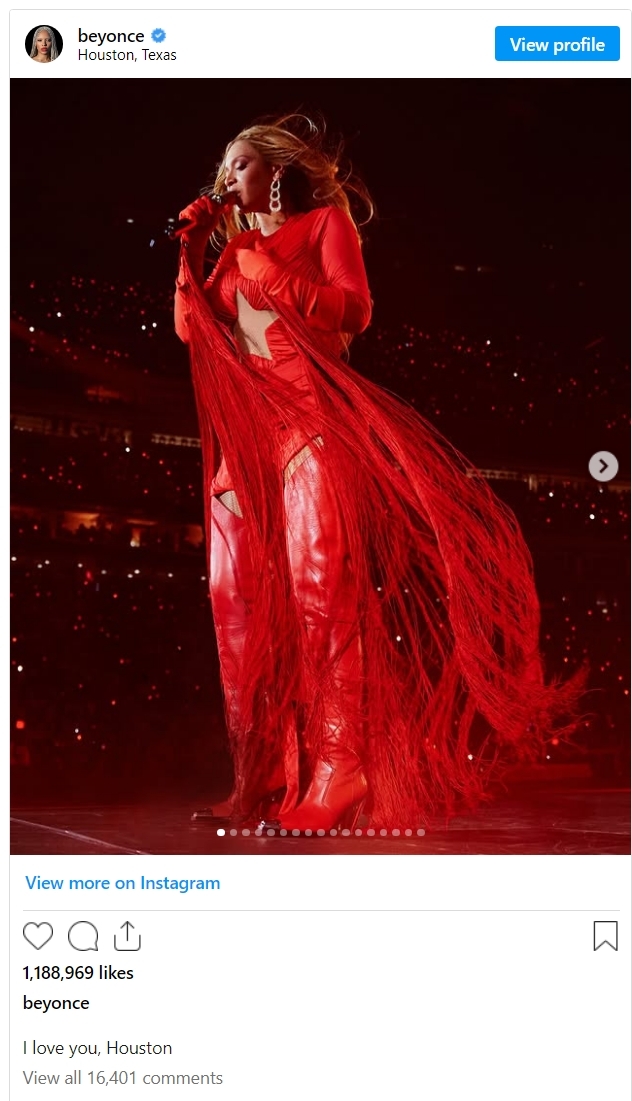
“I love you, Houston,” she captioned the post, which included several other photos from the show
The “Cowboy Carter” stop in Houston comes after Beyoncé finished the international leg of her tour, which included six nights in London and three nights in Paris.










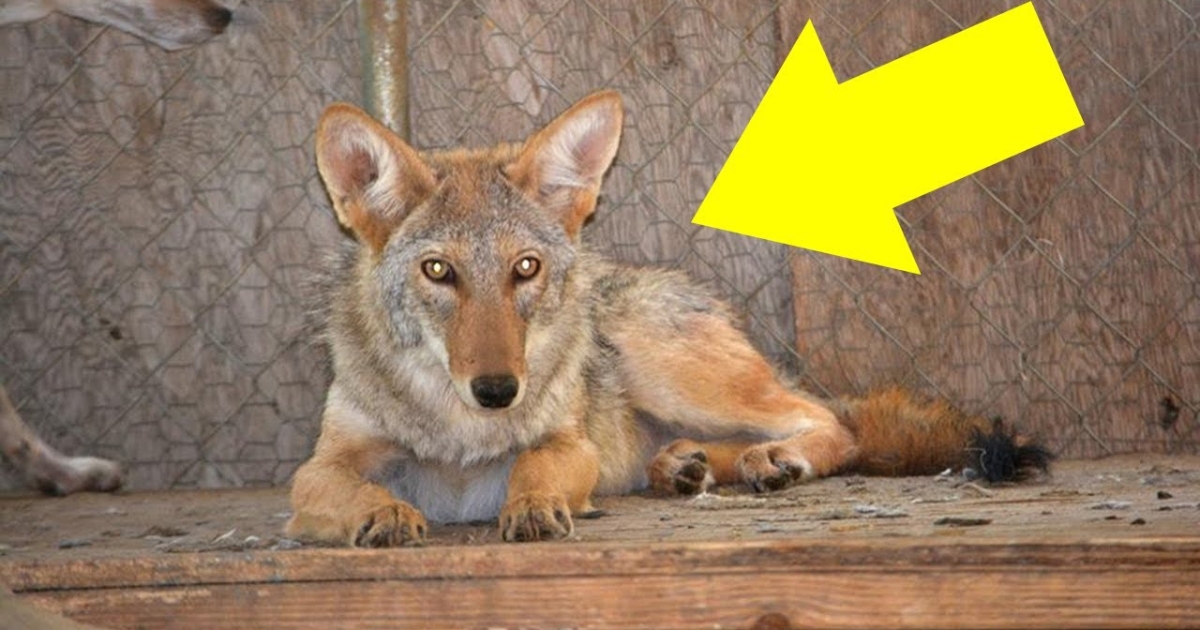
:max_bytes(150000):strip_icc():focal(727x354:729x356)/Angelina-Jolie-Billy-Bob-Thornton-111825-86b23fdf767748bf816a9e1be59a0075.jpg?w=1200&resize=1200,0&ssl=1)























:max_bytes(150000):strip_icc():focal(999x0:1001x2)/catherine-ohara-013026-7-4b5b413a646d4f15a1fd15ac8b933811.jpg?w=1200&resize=1200,0&ssl=1)







